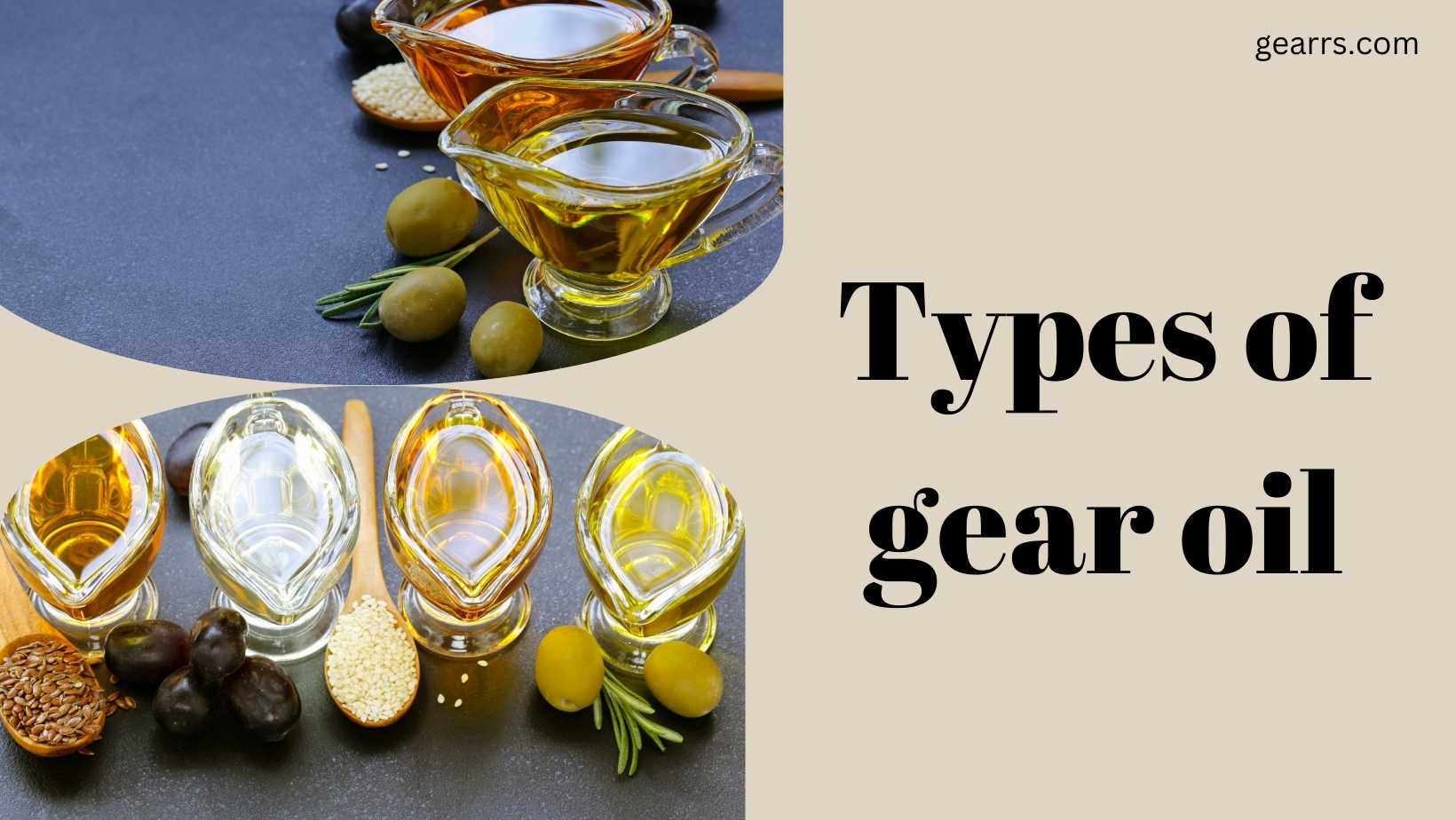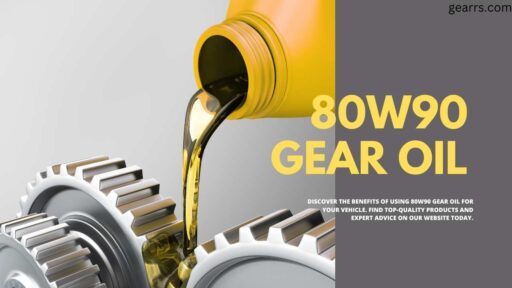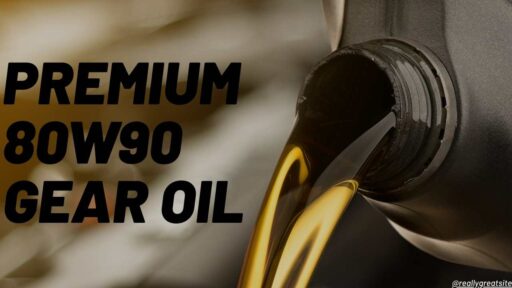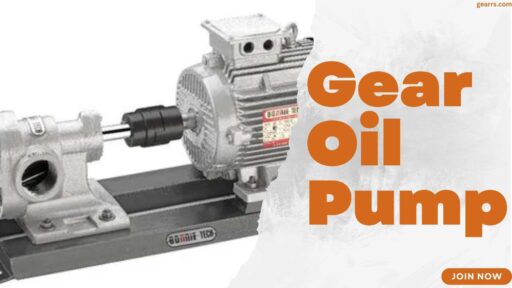Looking for information on types of gear oil? Visit our website for detailed insights and recommendations to keep your vehicle running smoothly.
Gear oil is the unsung hero of machinery, playing a crucial role in ensuring the smooth operation and longevity of gear systems. For automotive enthusiasts, DIY mechanics, and fleet operators, understanding the different types of gear oil and their applications is key to maintaining vehicle performance, reliability, and efficiency. This comprehensive guide is designed to demystify gear oils, highlighting their importance, properties, and the factors influencing their selection for various applications.
Importance Types of Gear Oil
Gear oil is a specialized lubricant that provides several essential functions in gear systems. These include reducing friction and wear between the moving components, dissipating heat generated during operation, preventing rust and corrosion, and sealing out contaminants. Without proper lubrication, Ratio Gear can quickly wear out, resulting in costly repairs or replacements. Therefore, gear oil is critical in maximizing the performance, efficiency, and lifespan of gear systems.
Properties of Gear Oil
Gear oils have unique properties that make them suitable for use in demanding operating conditions. These properties can be broadly categorized into viscosity, additives, and base oil type.
Viscosity
Viscosity is a crucial property Types of gear oil that refers to its resistance to flow. The Society of Automotive Engineers (SAE) has developed a grading system to classify gear oil based on its viscosity. The most common classifications are 75W-90, 80W-90, and 85W-140, with the numbers representing the oil’s viscosity at low and high temperatures.
Additives
Additives are specialized chemicals added to gear oil to enhance its performance and properties. These additives can improve the oil’s viscosity, reduce friction and wear, prevent foaming, and provide corrosion protection. The type and amount of additives used in gear oil vary depending on the application.
Base Oil Type
The base oil is the primary component of gear oil, making up about 80-90% of its composition. There are four main types of base oils used in gear oil: mineral, synthetic, semi-synthetic, and bio-based. Each type has its unique properties and advantages, making them suitable for different applications. For instance, mineral gear oil is cost-effective and readily available, while synthetic gear oil offers excellent performance in extreme temperatures.
Understanding Gear Oil
At its core, gear oil is a high-viscosity lubricant formulated specifically to cater to the requirements of transmissions, differentials, and gearboxes in automotive and industrial machinery. Proper lubrication is paramount; it prevents the wear and tear caused by metal-on-metal contact, safeguards components under high-speed, high-temperature conditions, and extends the life of machinery.
Factors Influencing the Selection of Gear Oil
Selecting the right gear oil involves considering several factors, including the type of machinery, operating conditions (temperature extremes, load, speed), and the specific requirements set by manufacturers.
Types of Gear Oil Explored
Conventional Gear Oil
Conventional gear oils are mineral-based and have been the backbone of machinery lubrication for decades. They offer reliable performance for a broad range of applications but may fall short under extreme temperatures and heavy-duty use.
Synthetic Gear Oil
Manufactured through chemical synthesis, synthetic gear oils boast superior properties, including enhanced thermal stability, improved flow at low temperatures, and increased protection against wear. These oils are ideal for applications involving extreme conditions and high-performance demands.
Semi-Synthetic Gear Oil
Blending the best of both worlds, semi-synthetic gear oils combine synthetic and conventional base oils to offer improved performance at a more economical price point. This type of oil provides a balanced approach to lubrication and is suitable for varied applications.
High-Performance Gear Oil
Engineered for the most demanding applications, high-performance gear oils are typically synthetic and offer exceptional protection under severe operating conditions. Racers and operators of heavy machinery often turn to these oils for their superior load-bearing capability and resistance to high temperatures.
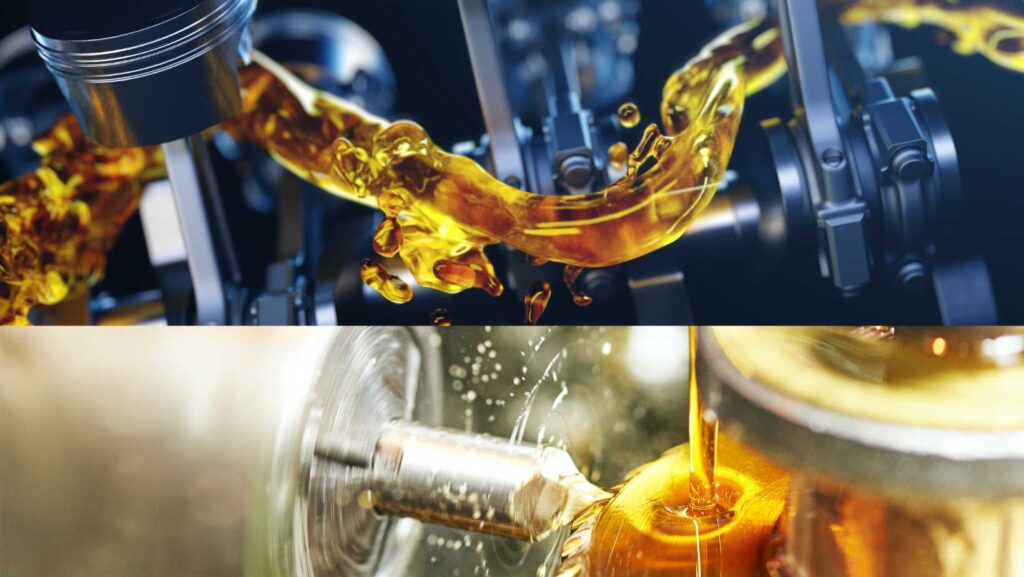
Gear Oil Additives
Additives play a vital role in enhancing the performance of gear oil. Anti-wear agents, friction modifiers, and viscosity index improvers are just some types of additives that can be found in gear oil formulations, each serving a specific purpose to boost efficiency, reduce wear, or improve protection.
Specialty Gear Oil Formulations
Specialized applications necessitate specialized gear oil formulations. Whether it’s for marine applications requiring water resistance, automotive gear oil designed for specific types of vehicles, or industrial variants formulated for unique machinery, specialty gear oils are tailored to meet precise requirements.
Environmental Considerations
The environmental impact of gear oil cannot be ignored. With growing awareness and regulations, the demand for biodegradable and eco-friendly gear oil alternatives is on the rise, prompting users and manufacturers alike to consider more sustainable options. Bio-based gear oils, for instance, are derived from renewable sources and offer comparable performance to conventional options while reducing the environmental impact.
Selection and Maintenance Tips
Choosing the right gear oil goes beyond just considering viscosity and operating conditions. Understanding manufacturer recommendations, proper storage, and handling practices, as well as conducting regular inspections, are crucial steps in ensuring optimal gear system performance and longevity. Proper maintenance also involves replacing gear oil at recommended intervals, as it can become contaminated or degrade over time.
Considering the extensive range of gear oils available on the market, staying informed about the latest advancements and formulations can greatly benefit both individuals and industries. Technological innovations continue to push the boundaries of what gear oils can achieve, from extending equipment life to reducing environmental impact. For example, synthetic gear oils are increasingly favored for their ability to operate efficiently over a broader temperature range and their reduced ecological footprint.
Furthermore, the role of gear oil in predictive maintenance strategies cannot be overstated. Modern analysis techniques allow for the early detection of potential issues through oil condition monitoring, helping to prevent costly downtime and repairs. Therefore, selecting the right gear oil, coupled with a proactive maintenance approach, is key to enhancing performance and sustainability in mechanical systems.
Gear Oil Compatibility
The compatibility of gear oil with the components of a gear system is essential for effective lubrication. Materials commonly found in gear systems, such as metals, seals, and gaskets, can react differently to various gear oil formulations. It is crucial to select a gear oil that is compatible with the system’s materials to prevent the degradation of components, which could lead to leaks or system failure. Compatibility issues can often be avoided by adhering to manufacturer guidelines and opting for gear oils that specifically mention compatibility with the materials in your system.
The Importance of Regular Gear Oil Analysis
Regular analysis of gear oil is key to maintaining the health and efficiency of machinery. This process involves testing the oil for contaminants, metal particles, and chemical composition, which can provide invaluable insights into the condition of both the oil and the gear system. By identifying potential issues early, such as contamination or abnormal wear, maintenance can be performed proactively, thereby preventing costly repairs and downtime. Gear oil analysis is a critical component of any comprehensive maintenance program, ensuring gear systems operate smoothly and extend their service life.
Frequently Asked Questions (FAQs)
What is the difference between synthetic and conventional gear oil?
Synthetic gear oil is engineered through a chemical synthesis process, offering superior properties compared to conventional, mineral-based gear oil. These superior properties include enhanced thermal stability, improved flow at low temperatures, and better protection against wear and tear. In contrast, conventional gear oil, while reliable and cost-effective for a broad range of applications, may not perform as well under extreme conditions or heavy-duty use.
How often should I change my gear oil?
The frequency of gear oil changes depends on several factors, including the type of machinery, the operating conditions it’s subjected to, and the manufacturer’s recommendations. Generally, for automotive applications, changing the gear oil every 30,000 to 60,000 miles is recommended. However, vehicles subjected to severe use may require more frequent changes. Always consult your machinery’s or vehicle’s manual for specific guidance.
Can I mix synthetic gear oil with conventional gear oil?
While mixing synthetic and conventional gear oils is not typically recommended due to differences in their formulations and performance characteristics, it is not harmful in most cases. However, mixing oils can dilute the performance benefits of the synthetic oil. For optimal performance, stick to one type of oil and follow the manufacturer’s recommendations.
Why are additives added to gear oil?
Additives are crucial in gear oil to enhance its performance and protect the gear system. They serve various purposes, such as reducing friction and wear, preventing rust and corrosion, enhancing the oil’s viscosity, and preventing foaming. Different types of additives are used to address specific needs and operating conditions of the gear system.
How do I choose the right viscosity grade for my gear oil?
Selecting the right viscosity grade for your gear oil involves considering the operating temperatures your machinery will face and the manufacturer’s recommendations. The Society of Automotive Engineers (SAE) viscosity grading system helps categorize gear oils based on their flow at specific temperatures. Always consult your vehicle’s or machinery’s manual to determine the appropriate viscosity for your specific application.
What are the environmental considerations for gear oil usage and disposal?
The environmental impact of gear oil usage includes potential soil and water pollution if disposed of improperly. It’s important to use eco-friendly, biodegradable gear oils whenever possible and ensure used gear oil is collected and disposed of or recycled according to local regulations. Many service stations and recycling centers accept used gear oil for proper disposal or recycling.
Can gear oil affect the performance of my machinery?
Yes, using the correct type and grade of gear oil is essential for maintaining the performance, efficiency, and longevity of your machinery. High-quality gear oil can significantly reduce wear and tear, ensure smooth operation under various temperature conditions, and extend the life of your gear system. Conversely, using the wrong type of gear oil can lead to increased friction, overheating, and accelerated wear, potentially leading to costly repairs or replacements.
Conclusion of Types of Gear Oil
The landscape Types of gear oil are complex, with a wide variety of formulations designed to cater to specific needs and applications. By understanding the properties, applications, and environmental considerations associated with different types of gear oil, users can make informed choices that enhance the performance and extend the lifespan of their machinery. Proper selection, coupled with diligent maintenance, not only contributes to operational efficiency but also underscores a commitment to environmental responsibility.
Whether you’re a seasoned mechanic or new to the world of automotive maintenance, prioritizing the right gear oil is a step toward optimal machinery health and performance. Keep this guide handy as you evaluate your lubrication needs, and remember, the longevity of your gear systems lies in the quality and suitability of the oil you choose.


